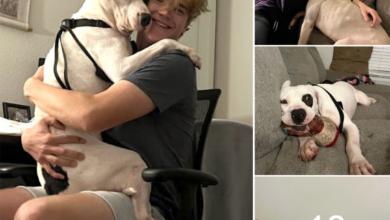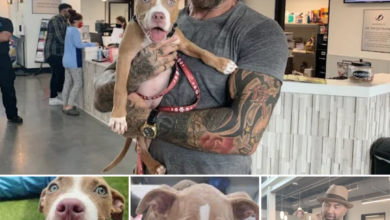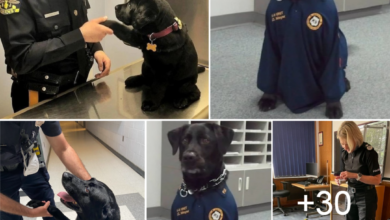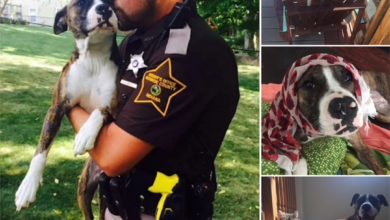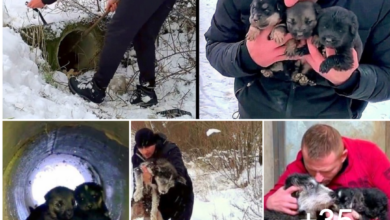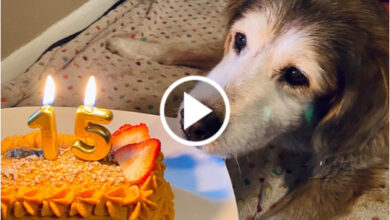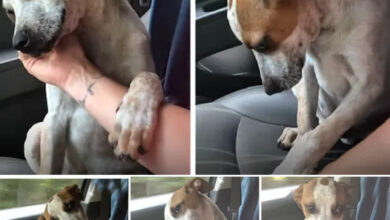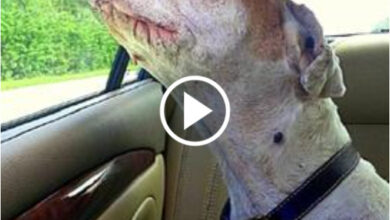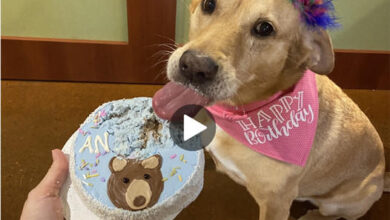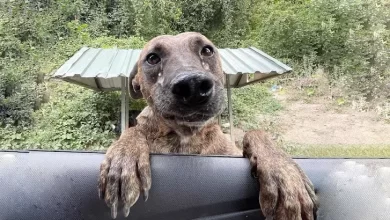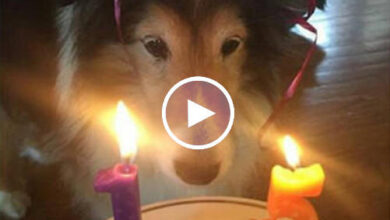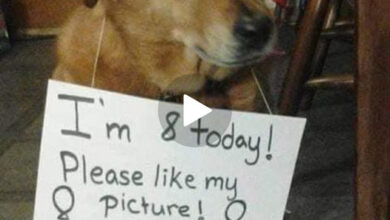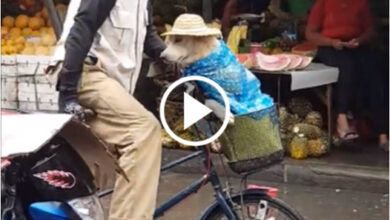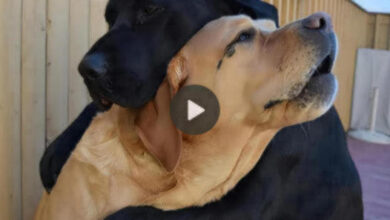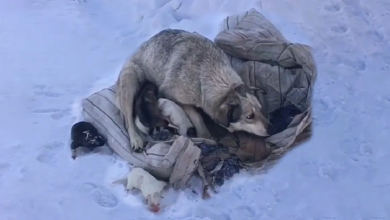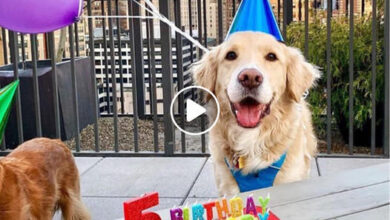Why Your Dog Is Not Eating?
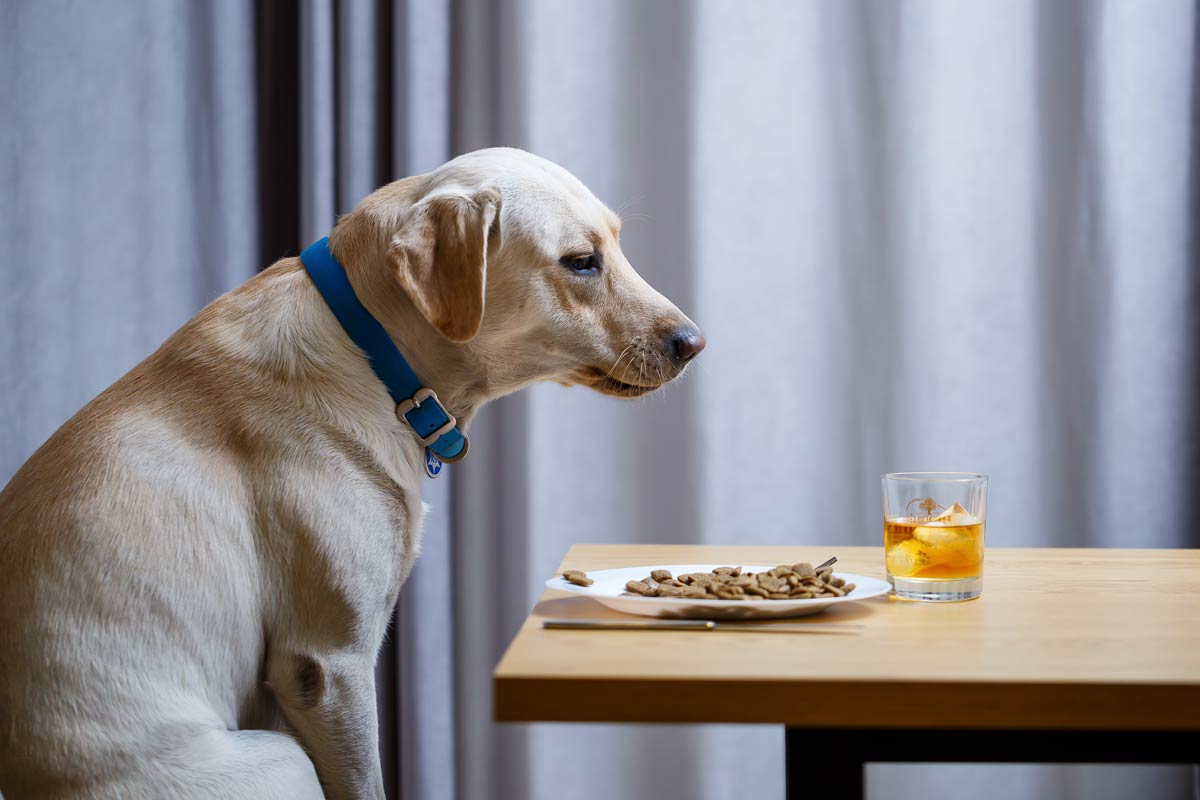
You love your furry friend, and it can be heartbreaking to see them not show interest in their food. When your dog not eating, it could be a sign of underlying health issues or behavioral problems. As a responsible pet owner, you need to identify the cause behind your dog’s lack of appetite and take steps to address it promptly.
There are several reasons why your dog is not eating. It could be due to medical issues like digestive problems or dental pain. Alternatively, there may be behavioral issues like anxiety that are causing your pooch’s loss of appetite.
In this article, we will explore some common reasons why dogs refuse food and offer tips on how you can encourage them to eat again.
- Medical Issues
- Behavioral Issues
- Food Preferences
- Age-related Issues
- Environmental Factors
- Medication Side Effects
- Ways to Encourage Eating
- Conclusion
- Frequently Asked Questions
- What are some common medical issues that can cause a dog to lose its appetite?
- How can behavioral issues affect a dog’s eating habits?
- How can I determine if my dog’s lack of appetite is due to a medical issue or a behavioral problem?
- What factors can influence a dog’s food preferences?
- What can I do to encourage my senior dog to eat if they have a decreased appetite?
Medical Issues
You’re not going to be able to determine if your dog has a medical issue that’s causing them to not eat without consulting with a veterinarian.
Some common medical issues that can cause loss of appetite in dogs include dietary changes, illnesses, and digestive problems. If you notice your dog refusing food for more than one day, it’s important to schedule a veterinary checkup right away.
Dietary changes are one of the most common reasons why dogs lose their appetite. This could include switching to a new brand of food or introducing new treats or table scraps into their diet. Dogs can also experience an upset stomach from eating spoiled or contaminated food, which can lead to vomiting and diarrhea.
A veterinary checkup will help rule out any underlying health conditions that may be causing your dog’s loss of appetite. Your vet will perform a physical exam and may recommend diagnostic tests such as bloodwork or imaging studies.
Once any medical issues have been addressed, you can move on to exploring potential behavioral causes for your dog’s lack of interest in food.
Behavioral Issues
It’s quite fascinating how our furry friends can have such complex emotions that often manifest in behavioral changes, leading to a loss of appetite. Many dogs simply refuse to eat when they’re feeling anxious or stressed. Some may even exhibit destructive behavior as an outlet for their pent-up energy, making it difficult for them to focus on anything else.
It’s important to identify these behaviors early on, so that they can be addressed with proper training techniques and socialization methods. One way to address behavioral issues is through positive reinforcement training. This involves rewarding your dog for exhibiting good behavior instead of punishing them for bad behavior. By using treats or toys as rewards, you can encourage your pup to behave in the way you want them to.
Socialization is another key component in addressing behavioral issues. By exposing your dog to new people and situations early on, you can help prevent anxiety and fear-based behaviors from developing later on.
If your dog continues to exhibit a loss of appetite despite attempts at addressing behavioral issues, it may be time to consult with a veterinarian or animal behaviorist. They can help determine if there are any underlying medical conditions contributing to the problem and provide further guidance on how best to address any remaining behavioral concerns.
With patience and persistence, most dogs are able to regain their healthy appetite and enjoy meal times once again. When it comes down to food preferences, there are several factors that may influence what your dog likes or dislikes eating.
Food Preferences
Understanding what influences your pup’s food preferences can help you choose the right type of food and ensure they enjoy meal times. Dogs, like humans, have unique taste preferences that may vary from one dog to another.
Some dogs prefer dry kibble over wet food, while others may find homemade recipes more appealing. To cater to your dog’s food preferences, offer them a variety of dog food options. You can experiment with different flavors and textures until you find the ones that your pup enjoys most.
Additionally, make sure to establish a consistent mealtime routine by feeding your dog at the same time every day. This will help create a sense of structure and familiarity for your furry friend. Keep in mind that some dogs may experience changes in their food preferences as they age.
In the next section, we’ll discuss age-related issues that could be causing your dog’s lack of appetite.
Age-related Issues
Oh no, your beloved pooch is getting up there in age and might be experiencing some issues that affect their appetite. Age-related problems can lead to dental problems, digestive issues, nutritional deficiencies, and metabolic disorders that cause a decrease in appetite.
Dental problems such as gum disease or missing teeth may make it difficult for your dog to chew food properly, causing them pain and discomfort. As a result, they may avoid eating altogether.
Digestive issues such as constipation or diarrhea can also make a dog lose interest in food. Nutritional deficiencies are common among senior dogs because their bodies don’t absorb essential nutrients as efficiently as when they were younger. Metabolic disorders like diabetes can also cause dogs to lose their appetite.
Environmental factors such as stress or boredom can contribute to a decreased appetite in senior dogs. If you notice any changes in your dog’s eating habits, it’s important to consult with your veterinarian immediately. They’ll conduct a thorough examination to determine the underlying cause of the problem and recommend an appropriate treatment plan.
In the next section, we’ll explore how environmental factors can impact your dog’s eating habits and what you can do about it.
Environmental Factors
If you’re noticing that your senior dog isn’t as interested in their food, take a closer look at their environment and daily routine to see if there are any factors that could be contributing to their decreased appetite.
One common environmental factor is the feeding schedule. Dogs thrive on routine, so if you’ve recently changed their feeding time or frequency, it could be causing them to lose interest in food. Try sticking to a consistent schedule and see if it helps improve their appetite.
Another possible factor is mealtime distractions. If your dog’s feeding area is located in a busy part of your home or near other pets, this could be causing them stress and anxiety during mealtime. Consider moving their bowl to a quieter area where they can eat undisturbed. You may also want to try feeding them alone instead of with other animals.
While environmental factors can play a significant role in your dog’s appetite, medication side effects can also cause decreased interest in food. We’ll cover this topic in the next section and explore how certain medications can affect your dog’s eating habits and what you can do about it.
Medication Side Effects
Medication can have side effects that may hamper your senior dog’s appetite. Some common medications used to treat underlying health conditions, such as arthritis and cancer, can cause nausea, vomiting, and diarrhea. These side effects could make your dog feel sick and lose interest in eating. However, it’s important to note that not all dogs will experience negative side effects from their medications.
If you notice a sudden change in your dog’s eating habits after starting medication, it’s essential to consult with your veterinarian. They may recommend alternative treatments or adjust the dosage of the current medication to improve your dog’s appetite. Depending on the severity of the side effects, they may also suggest home remedies or prescribe anti-nausea medications.
It’s crucial to remember that every dog reacts differently to medication, and consulting a veterinarian should always be the first step if you suspect any adverse reactions. In some cases, there are ways to help encourage eating despite medication side effects.
The next section will cover some tips on how to stimulate your senior dog’s appetite during this time.
Ways to Encourage Eating
Encouraging your senior dog to eat can be a challenging task, but there are ways to make mealtime enjoyable and stress-free for both you and your furry companion. Here are some tips that you can try:
- Create a positive atmosphere: Dogs are sensitive animals, and they pick up on our emotions easily. If you show frustration or anxiety during mealtimes, it may cause your dog to feel stressed or reluctant to eat. Instead, create a calm and relaxed environment by feeding your dog in a quiet area away from distractions such as loud noises or other pets.
- Introduce variety in food choices: Just like humans, dogs may get bored with the same food every day. Consider adding different flavors or textures like boiled chicken, canned tuna, or even small amounts of fruits and vegetables (check with your veterinarian first). However, make sure to introduce new foods gradually to avoid digestive issues.
- Use mealtime as quality time: Sharing meals with your dog is an excellent bonding opportunity that can also encourage eating habits. Try hand-feeding them small portions of their favorite food while praising them for eating well.
- Consult with your vet: If none of these tips seem to work or if you notice any changes in your dog’s appetite behavior, consult with your veterinarian for further evaluation and guidance on how best to address the issue.
By implementing these simple strategies into your routine, you can help create an enjoyable mealtime experience that will benefit both you and your beloved pet in the long run!
Conclusion
So, you’ve noticed that your furry best friend isn’t eating as much as he used to. Don’t panic just yet. There are many reasons why your dog may not be eating, from medical issues to environmental factors.
If your dog is experiencing medical issues such as dental problems or gastrointestinal disorders, it’s important to seek veterinary care right away. Behavioral issues such as anxiety or stress can also cause a loss of appetite in dogs and may require behavioral modification techniques or medication.
Food preferences and age-related issues can also contribute to a lack of appetite in dogs. Additionally, certain medications may have side effects that impact the way your dog eats.
Fortunately, there are ways to encourage your dog to eat such as offering different types of food or changing his feeding routine.
Overall, it’s important to observe your dog’s behavior and eating habits carefully and seek professional help if needed. With proper care and attention, you can ensure that your beloved pet stays healthy and happy for years to come.
Frequently Asked Questions
What are some common medical issues that can cause a dog to lose its appetite?
Some common medical issues that can cause loss of appetite in dogs include dietary changes, illnesses, digestive problems, and dental pain.
How can behavioral issues affect a dog’s eating habits?
Behavioral issues like anxiety and stress can lead to a loss of appetite in dogs. They may refuse to eat or exhibit destructive behavior, making it difficult for them to focus on food.
How can I determine if my dog’s lack of appetite is due to a medical issue or a behavioral problem?
It is important to consult with a veterinarian to determine the underlying cause of your dog’s loss of appetite. They can perform a physical exam and recommend diagnostic tests to rule out any medical conditions.
What factors can influence a dog’s food preferences?
Dogs, like humans, have unique taste preferences. Factors such as the type of food, flavors, textures, and even the feeding routine can influence a dog’s food preferences.
What can I do to encourage my senior dog to eat if they have a decreased appetite?
To encourage eating in senior dogs, create a positive atmosphere during mealtimes, introduce variety in food choices, use mealtime as quality time for bonding, and consult with a veterinarian for further evaluation and guidance.
Read more:
